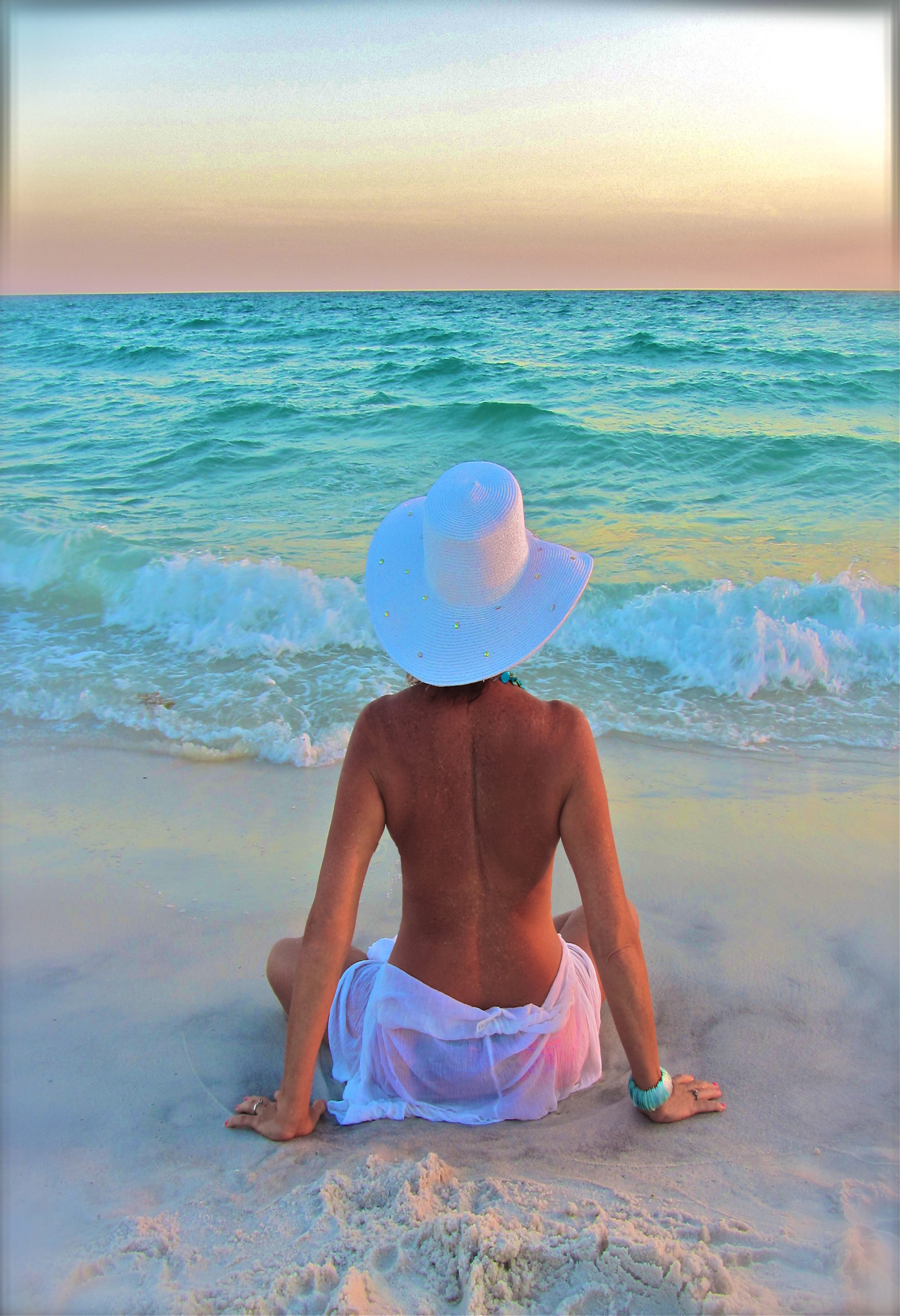I know (from private messages, emails, and texts) that others share my quest for freedom from religious, political, and cultural censorship and taboos. Thank goodness, I am not alone, not the only one! This post is about those in the second half of life who have radically transformed our lives. And for those who secretly long to—but are afraid or ashamed. These words are a powerful foreshadowing of how aging provides the opportunity to flaunt all the rules and finally enjoy life’s “forbidden fruits.”

That is why I wrote “The Quest.” To help others discover their unique way of enjoying the second half of life. It is not a journey for the faint of heart. However, it is a daring and noble adventure for those hungry for something more. When I turned fifty and began research for “The Quest,” it dawned on me that if I did not grasp the freedom that aging and wisdom were offering in mid-life—it would be a bitter regret on my dying day. However, it was difficult to defy the taboos of first life because most of my nuclear family, loved ones, and friends were still entangled in the demands and control of ultra-conservatism and evangelicalism.
And sure enough, they branded me a heretic and banished me. But, to me, freedom is non-negotiable. I had lived long enough as a slave to lifeless dogma. Painfully yet gradually shedding social and religious inhibitions, I began to develop strategies to get me past whatever was in my earlier life that stood in the way of exploring the limits of my freedom, particularly my sexuality. Because, as you know, most taboos concern who controls pleasure and sex. I was tired of institutions (church, government, family, and culture) making the rules about my body, mind, soul, and spirit.
A large part of my quest is searching for real-life choices, trying to understand what prevented me from realizing the possibility of thoroughly enjoying life. Each of us must decide which taboos keep us from being who we are. And many will be highly personal. This forum is not conducive to full disclosure, but I can share some taboos that I have broken and some that others have privately shared with me.
For all of my first life, I was forbidden by the rules of my career to watch R-rated movies, and god forbid, don’t even think about NC-17 or unrated. Gina and I are movie lovers, so we have begun to watch many of those censored and banned movies. Some, such as “Last Tango in Paris,” “The Story of O,” and “A Clockwork Orange,” were too difficult for us to handle. Still, others, such as the original “Lady Chatterley’s Lover” and the original “Emmanuelle” series (starring Sylvia Kristel), are beautiful, romantic, and hauntingly erotic. Perhaps we enjoy those “vintage” movies because we are children of the seventies, even though the music can be pretty hokey.
Pornography and fantasy are other subjects altogether. In “The Quest,” I posit that our choice of these (what I call) modern myths is biographical and intensely personal. In the privacy of our sex lives, without social inhibitions or pretty language, these playful mediums help us get past whatever it was in our earlier lives that stood in the way of exploring the limits of our genuine eroticism. And I believe (along with myriad experts) that for most people, pornography and sexual fantasy are healthy—not sinful or shameful things. Of course, there are exceptions.
I have also determined to read the “forbidden” books. Again, some (such as Henry Miller’s “Tropic of Cancer” and Nabokov’s “Lolita”) have been difficult for me. In contrast, others have been magical and sensual: “I Will Fear No Evil” by Robert Heinlein, “Ulysses” by James Joyce, and “Memoirs of a Woman of Pleasure (Fanny Hill)” by John Cleland. Ah, so many more I could mention.
A big taboo broken was my first experiences at a nude beach privately in Mykonos, Greece, and then publicly in Miami. Far from being the lustful, shameful, orgy-filled place I had been taught, it was one of the most beautiful and freeing experiences of my life. It felt the same as going to our local beach; only everyone was unclothed. And after five minutes, one forgets the temptation to ogle, and it becomes a fun (albeit freeing) day at the beach.
Some people have privately told me they break taboos by sending nude selfies to friends. This has been particularly prevalent during the pandemic. There are fascinating articles about this trend in Marie Claire, Huffington Post, and Vox. One person says, “I don’t think [nude photos] should be reserved for people that are only in relationships to feel good about themselves. Your relationship with [a friend] is perhaps steadier than a romantic one. There’s a kind of intimacy and closeness that has nothing to do with sex.”Of course, the risks associated with sending nudes need to be realistically assessed beforehand. But for many, the advantages outweigh the danger. It is wise to trust the friends that one shares with and be upfront about how the photos should be handled.
The second half of life can be a ground-breaking unapologetic exploration of a whole new world of freedom, a world in which we are comfortable in our skin. We are free at last to enjoy life and instigate forbidden pleasures. It is a world where nothing is taboo anymore—an enjoyable world in which those of us who dare are not only searching for—but demanding more—in the second half of life.
#TheQuestBook #secondhalfoflife
10Gina Crews Elrod, Rebekah Gilbert and 8 others